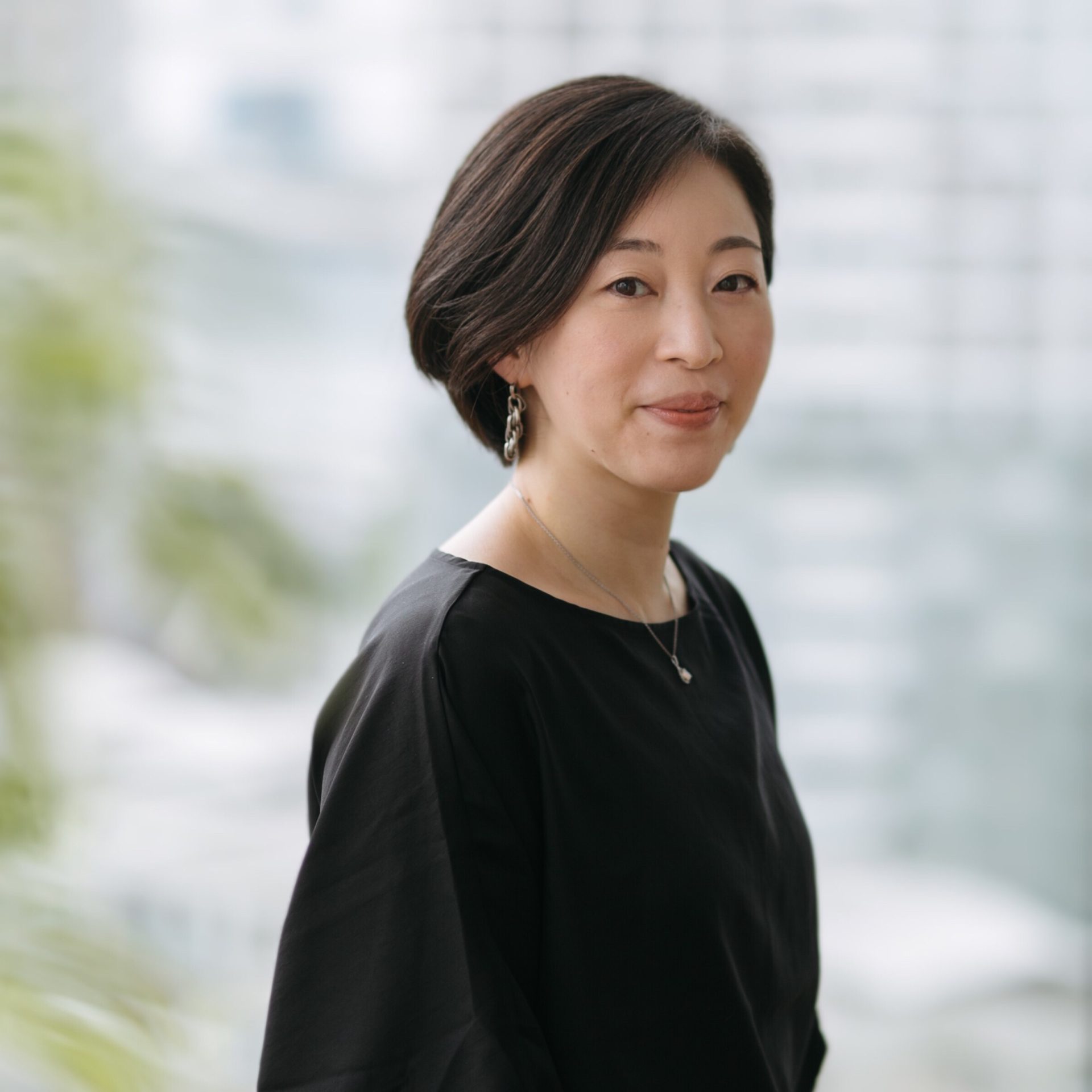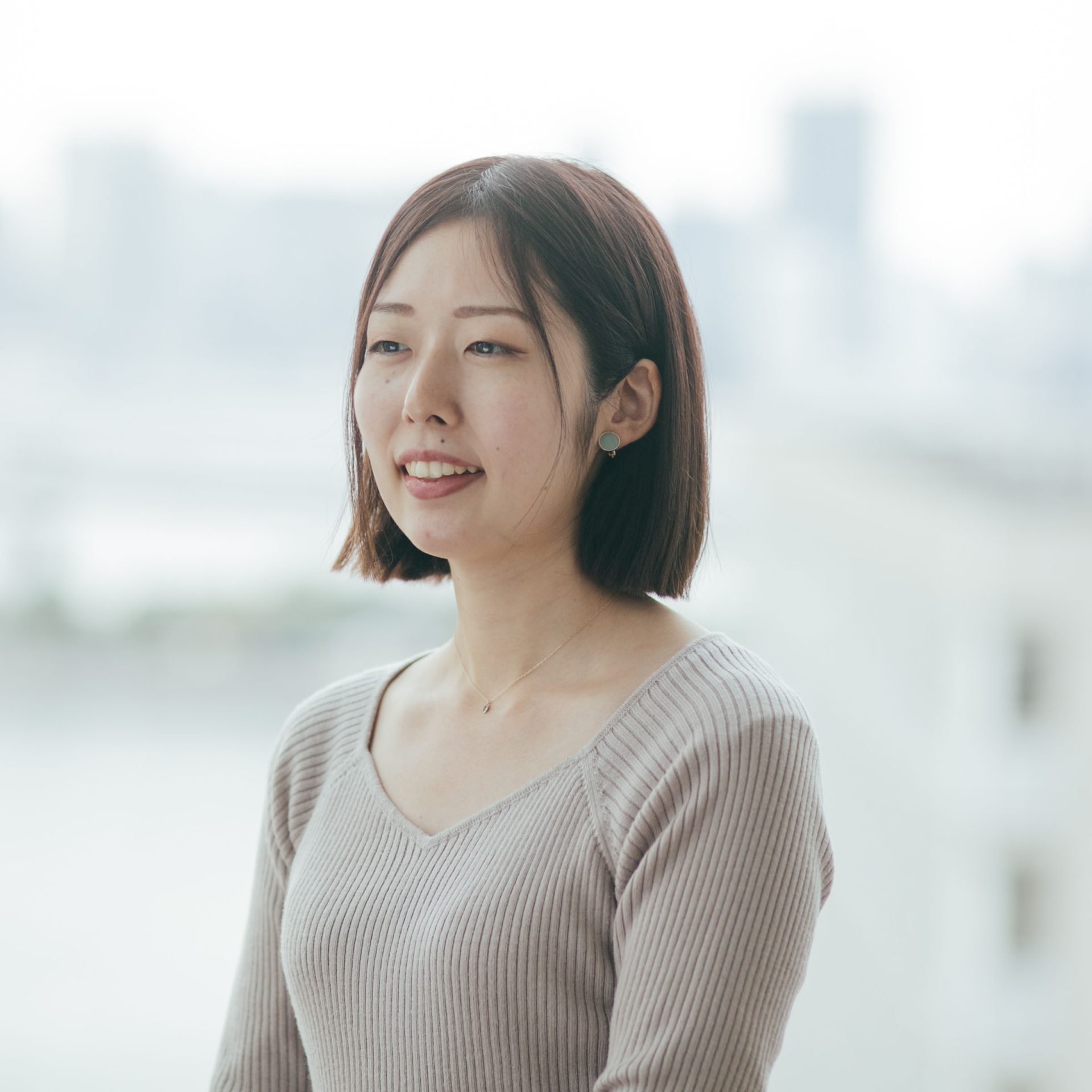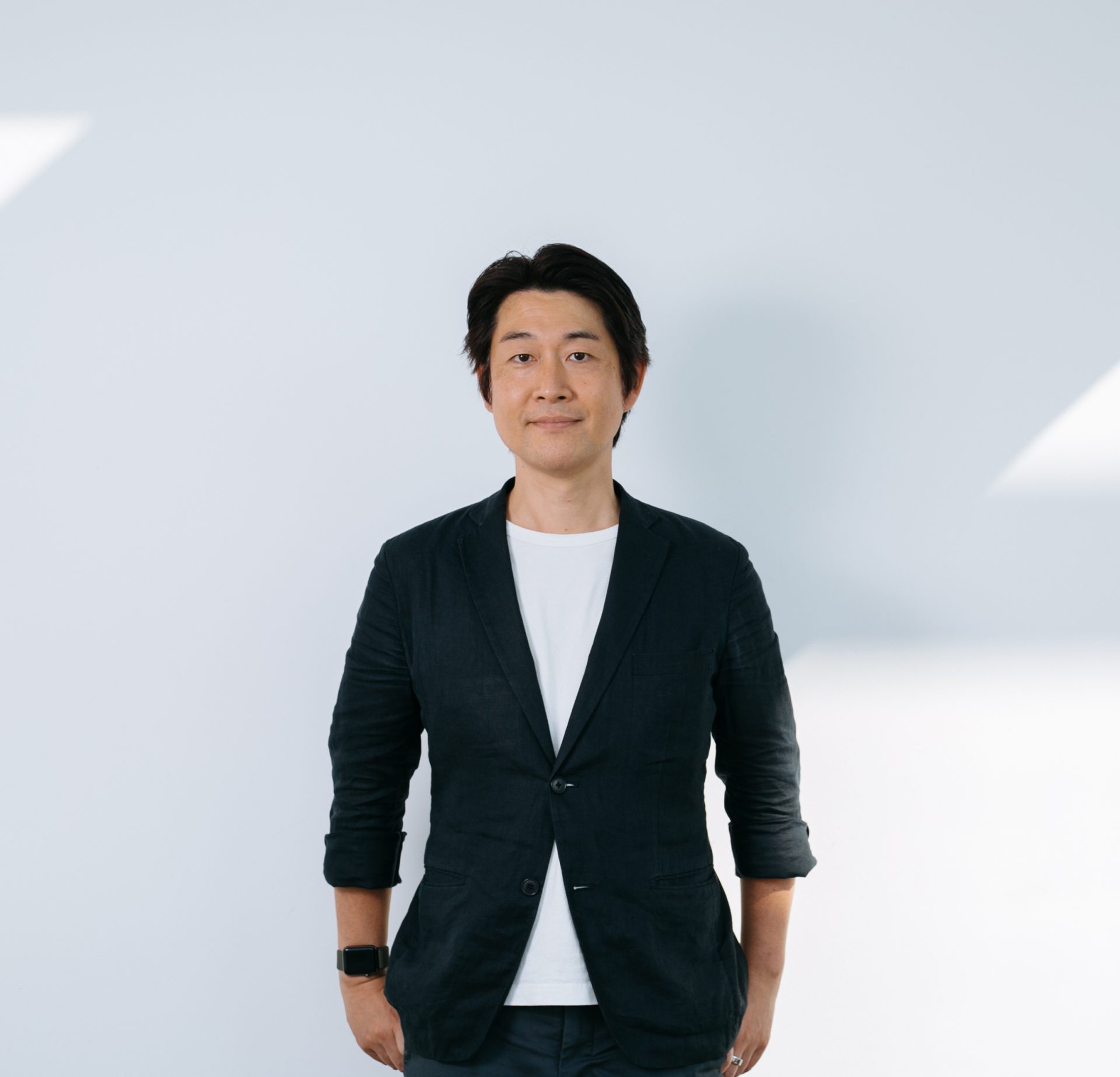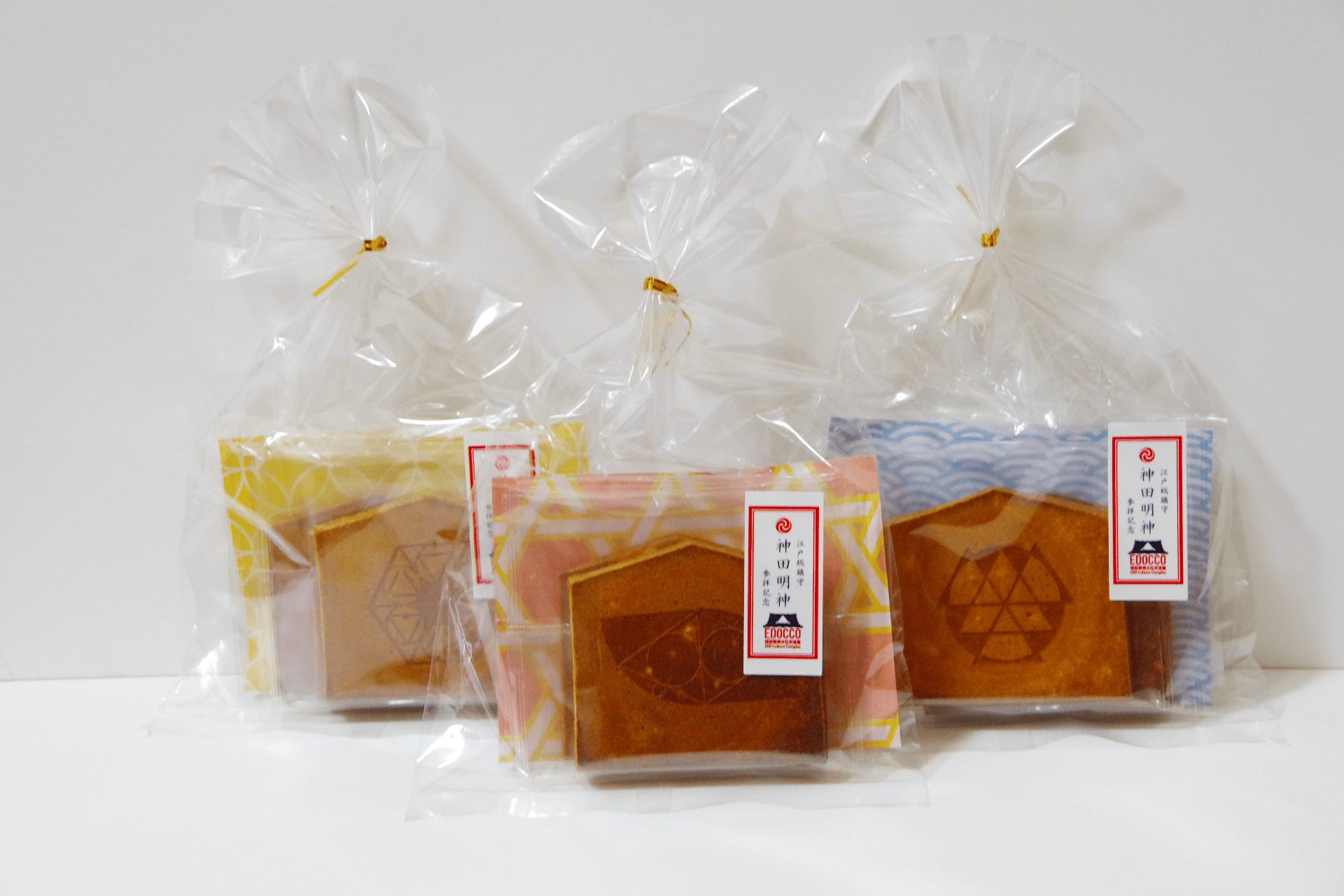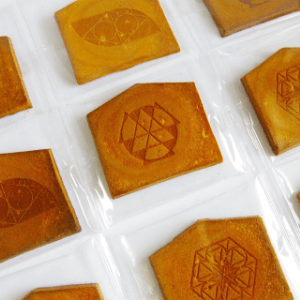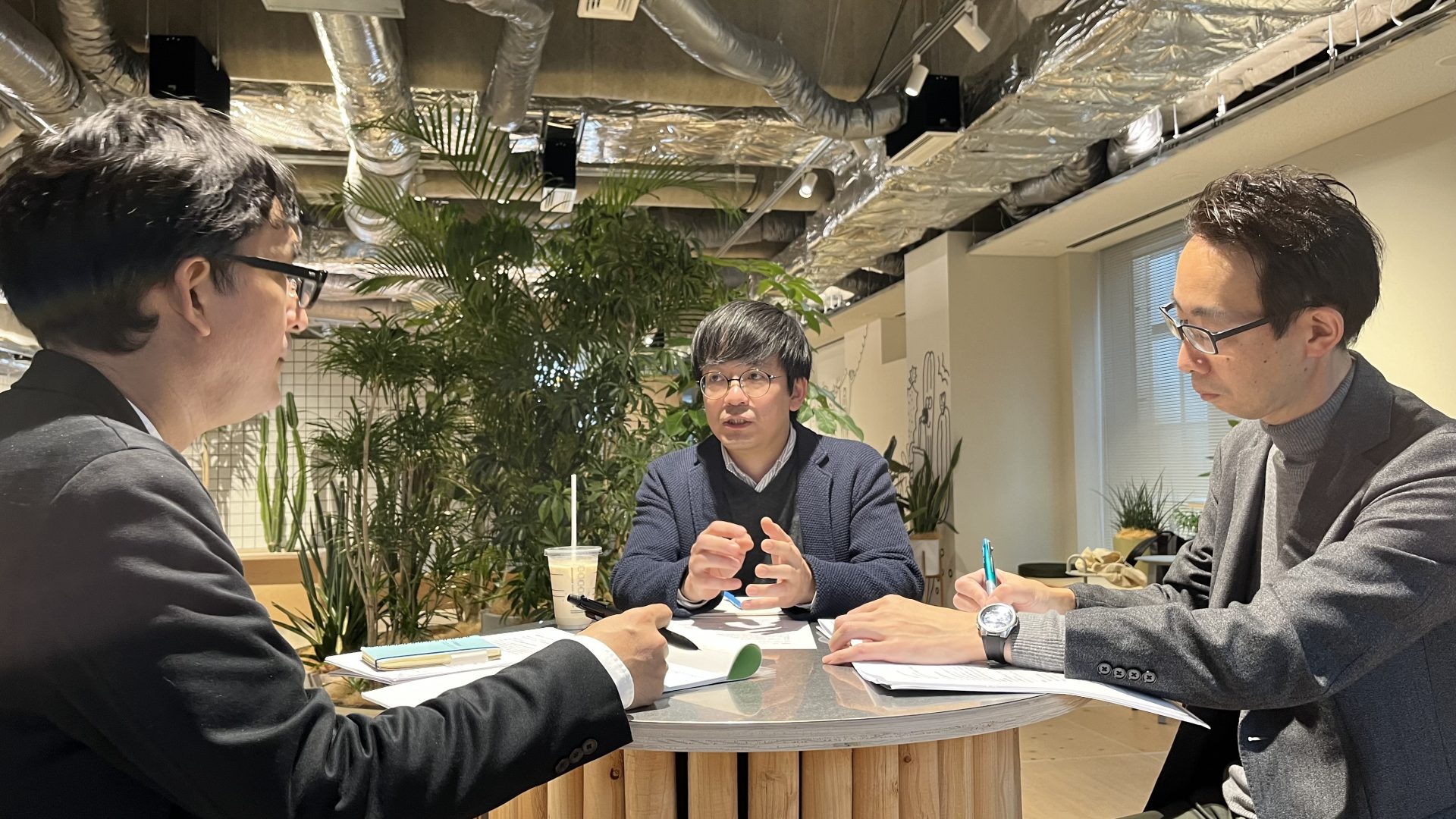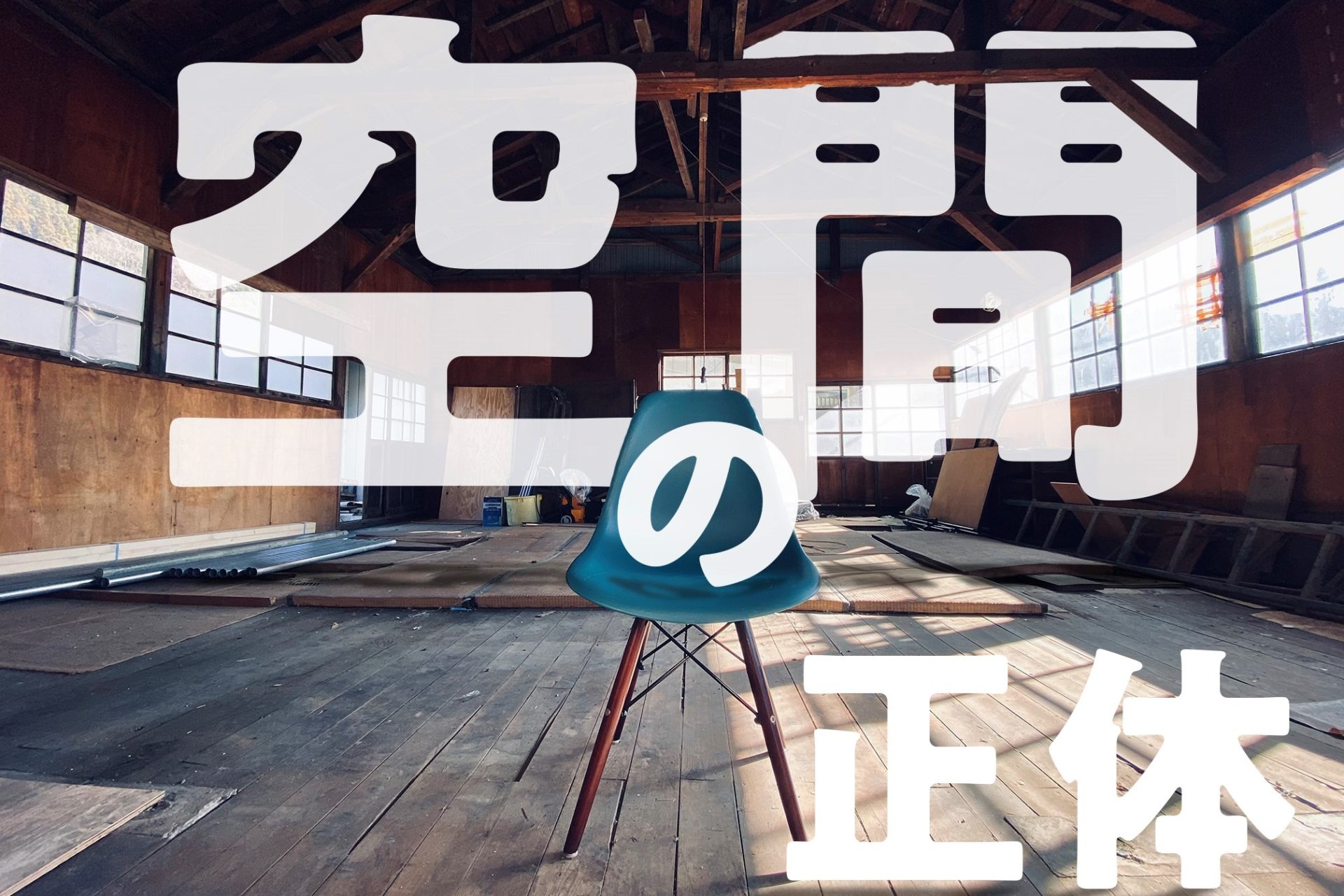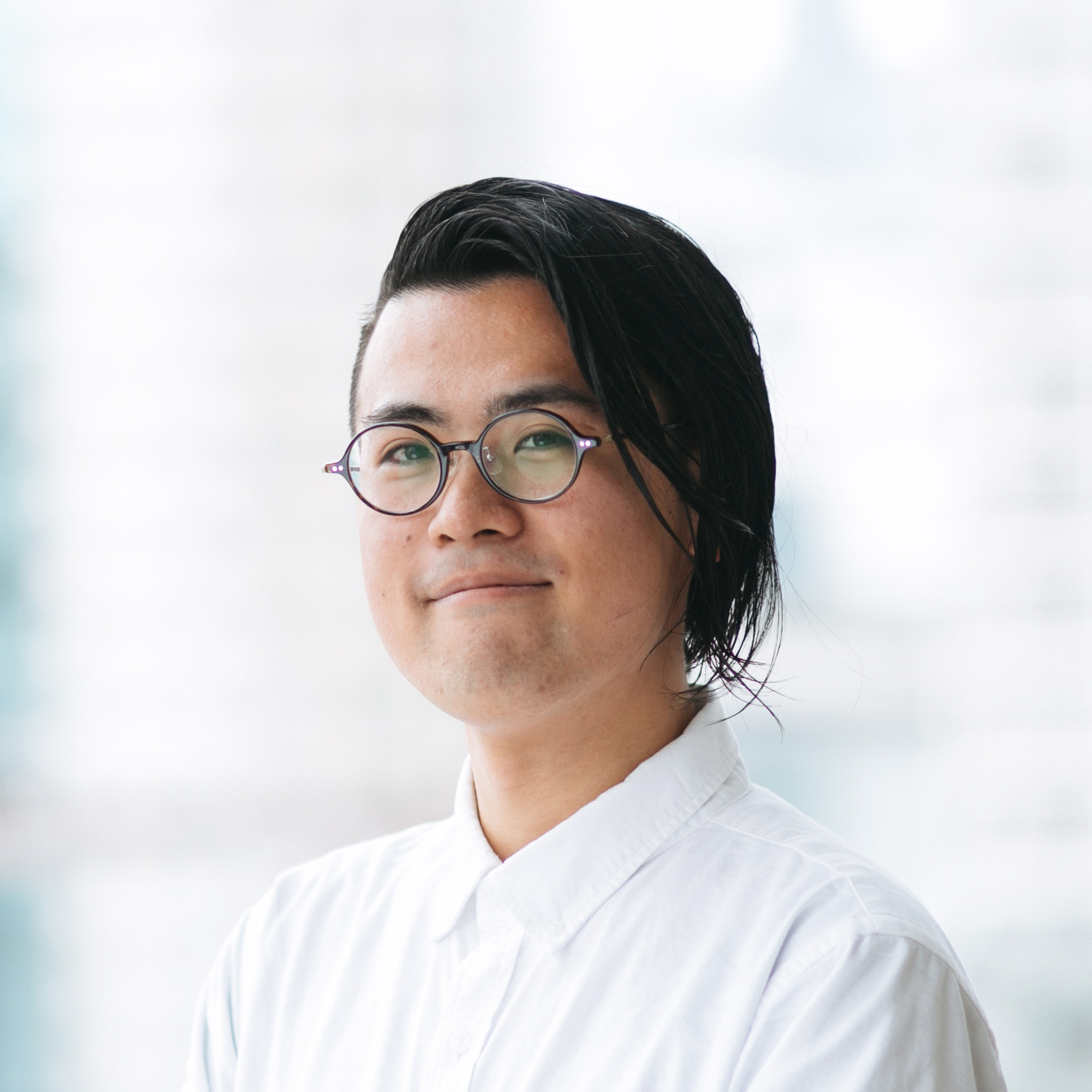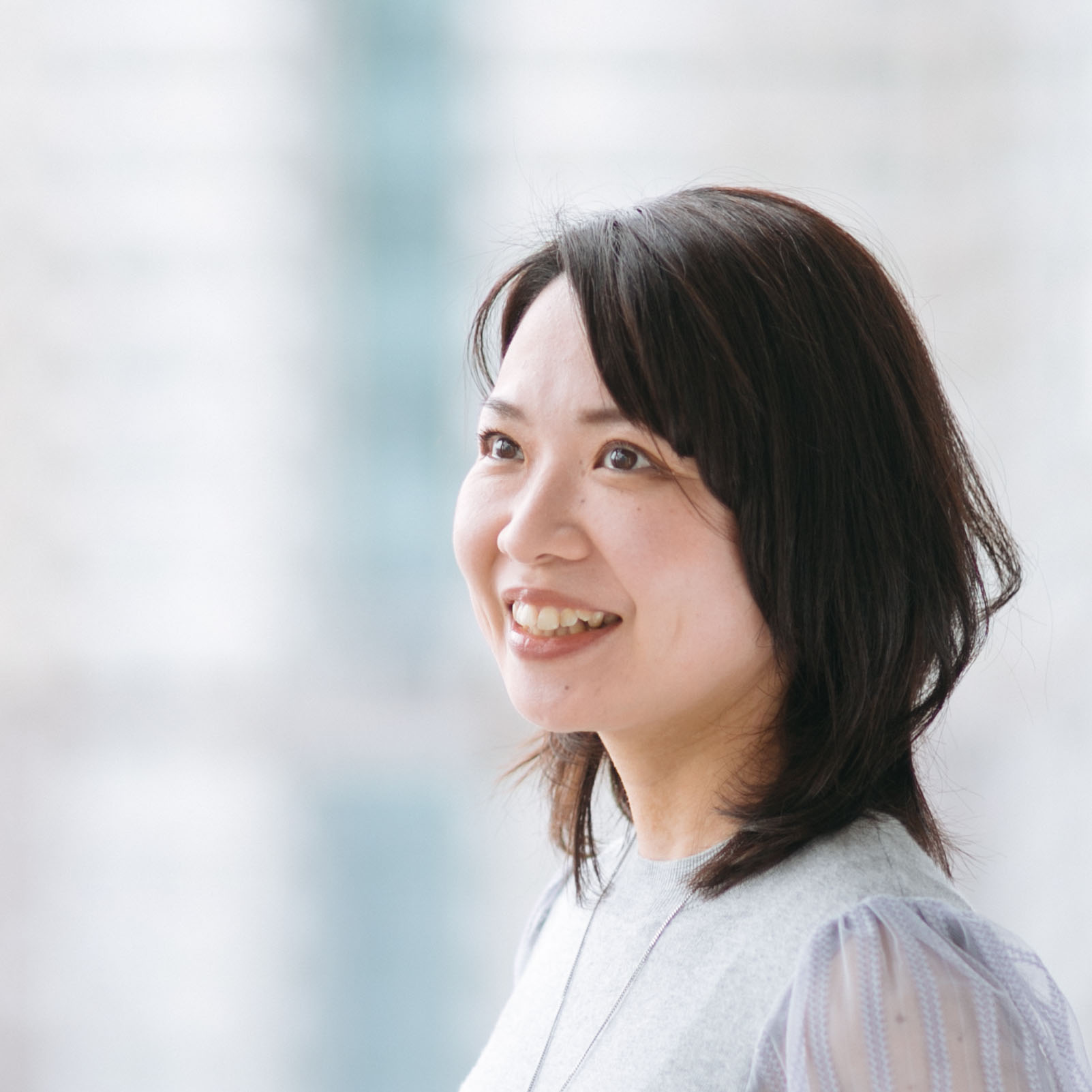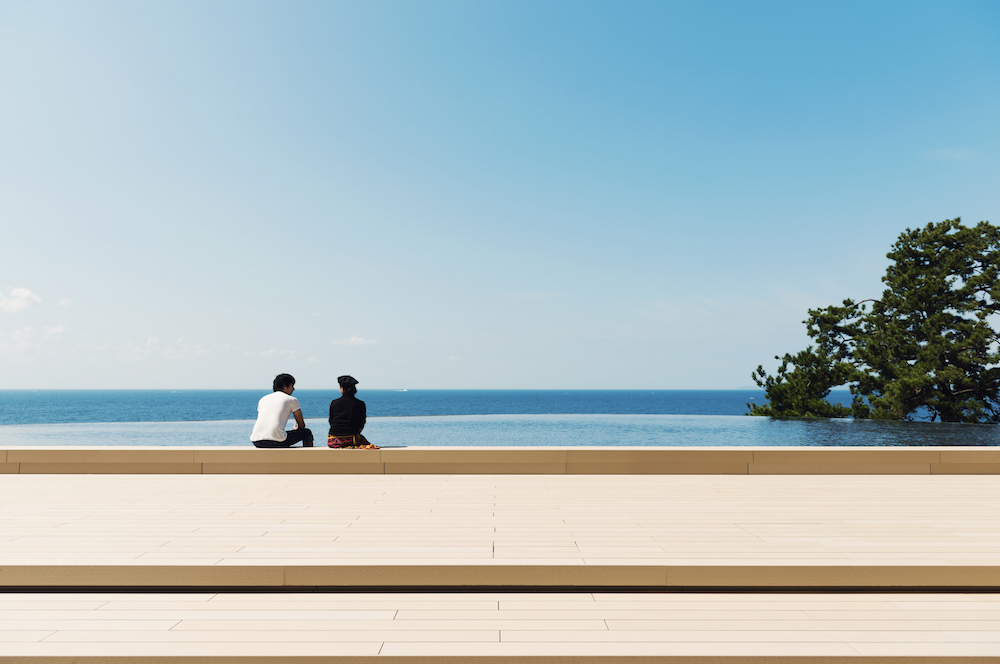
Working in a space with an ocean view Workation in Wakayama "Nanki Shirahama" Vol.2
2020/12/04- text and edit by
- Hiroko Okazaki
Due to changes in work and lifestyle due to the corona crisis,
The conventional way of understanding “place” and “space” is also changing rapidly.
In anticipation of the post-corona society, we will allow “diversity in work styles and lifestyles” that will not stop the changes.
In order to explore the ideal state of the next-generation space, we first proceeded with the interview with the theme of "workation".
(Click here for the first part)
In the future, during the "Workation Leaders Summit (WLS)" sponsored by Wakayama Prefecture, will "workation" lead to the resolution of local issues, and will the potential increase due to the corona crisis? Subscription type co-living platform “HafH” to expand KabuK Style Co., Ltd. With your cooperation, we will consider it through interviews with "HafH" affiliated facilities.
In the first part, we covered the “hotel/residence” that is the base of Wakayama’s “Nanki Shirahama”, the mecca of workation.
In the second part, we will introduce "guesthouses" that focus on creating value beyond "accommodation" as community bases that differ from conventional lodging facilities.
Guest Living Mu Nanki Shirahama

Concept: “SIMPLE & FLEXIBLE & RELAX” Naming: “Mu = Nothing”
A free traveler stays at SIMPLE, and an accidental interaction is born in a flexible space.
An inn where you can relax from the bottom of your heart with casual hospitality and want to come back again on your way home
[HafH base special feature -Owner's Voice-] Introduction of HafH Wakayama base "Guest Living Mu Nanki Shirahama"
≫ History of Guest House Development
As a new business of WILLING JP Co., Ltd., which develops real estate business in Osaka, general manager Mr. Kotani launched an accommodation business.
≫ Renovation points and workation support
Renovated into a total of 17 rooms (8 unrenovated rooms), including a 2LDK condominium that has been renewed as it is, and a dormitory that has been subdivided. A shared shower room that can be used 24 hours a day has been newly established, in response to many customer needs.
It wasn't originally developed for the purpose of workation, but it seems that workation support was being considered as one of the new customer attraction programs this winter before COVID-19.
The 1st floor lobby, 2nd floor shared living room, and the newly established work room based on user opinions were turned into co-working spaces, and just as we were preparing for the start of spring, the coronavirus struck.
Against this background, it is said that they are collaborating with "HafH", which has been participating in the network since the opening, and are collaborating on workation support.
*Entrance lobby with workspace available

*Mr. Kotani, the manager, holding original goods
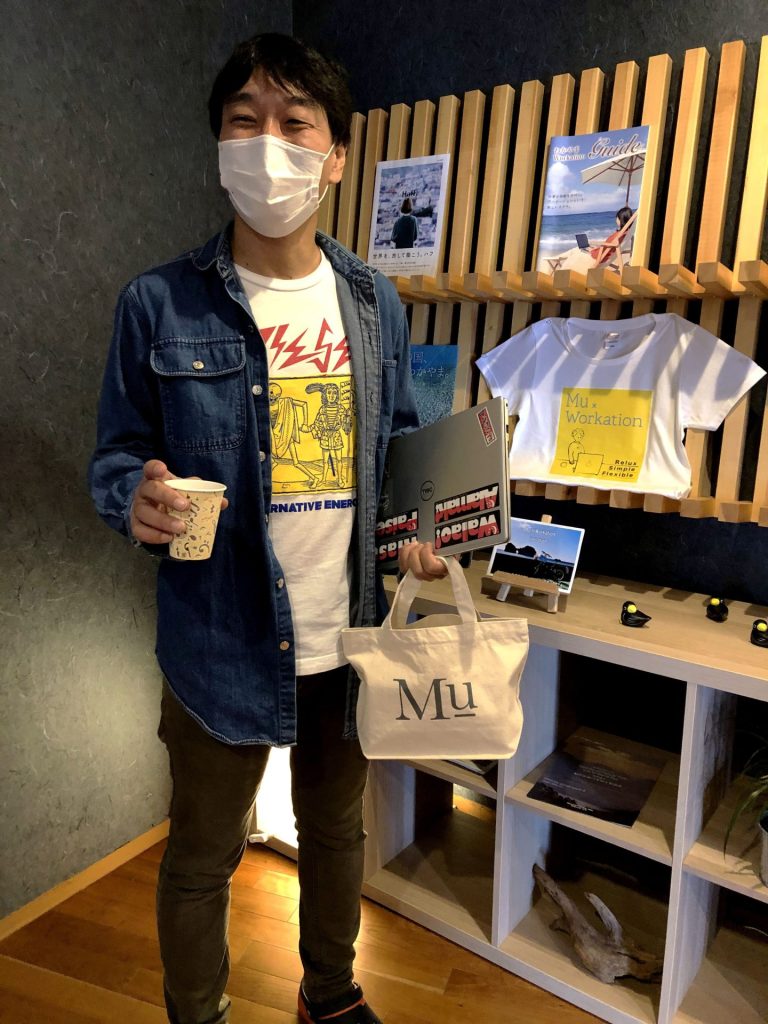
Currently, most of the workcation users are freelance consultants, writers, and web engineers, but in the future, we will actively attract corporate workcations, including the real estate industry, which is the parent of the company. I want to.
As a feature of the facility, it is important to promote interaction between guests, but when it comes to corporate workcations, there are many people who want a closed environment from the perspective of personal information.
Existing community spaces such as lobbies and lounges are often quickly converted into workspaces in response to workcations due to the corona crisis. I feel it is too big.
However, here, they have come up with their own countermeasures, such as renting a condominium room with a large dining table and a strong Wi-Fi environment as a closed work space.
* Since it is an RC apartment, each guest room has a router, and the Wi-Fi environment is solid. Smooth online meetings!

*workation while looking at the sea!

* We are promoting our own “workation experience program”!

≫ Local attraction HUB
What struck me during the interview was that the facility does not sell "Shirahama" as a feature.
Differentiating from the conventional type of “1 night, 2 meals, 2 people ~ + hot spring included” that is completed with major sightseeing programs and accommodation facilities, we offer a new type of travel where everyone can travel freely and relax. All the staff welcome guests like friends and family, and when they have time, they also guide them to hidden spots in the Kinan area. As a HUB that spreads the charm of the area that spreads out from Shirahama, I got the impression that it values the chance encounters and discoveries that can only be experienced here.
No matter how rich the space and the hardware is, it doesn't necessarily lead to repeat customers.
Conversely, facilities that are more attractive in software than in hardware may be loved for a long time.
We hope that Shirahama will become a HUB for a wide area based here, not just Shirahama itself. I was.
* Hospitality that makes you want to come back again!

* A send-off that makes you regret going home...

at the end
Before COVID-19, when “commuting” was the norm, I thought that “workation” and “multi-location living” would become more familiar in the future. However, now that the majority of people have experienced "working from home," I get the impression that the values of a fixed workplace are changing, and companies and individuals are beginning to take an interest in it as their own matter.
I personally believe that the HafH service (subscription-type co-living platform) that creates second and third homes and the “society that allows diverse values to remain diverse” that KabuK Style Co., Ltd. aims for I strongly sympathize with you, and I asked you to cooperate with this interview in order to reconsider the conventional way of "place" and "space" as your own occupation.
In Japan, where the population is declining, if it depends on inbound and external inflows, the corona will hit hard and the recovery will be slow. I think that aiming for a flat society by moving people fluidly every day will eventually lead to regional revitalization and the improvement of inter-city structures such as urban centers vs. rural areas.
At present, the functions of fixed “places” will be decentralized, and the means of “movement” will become faster and cheaper, making it easier to move more frequently. I thought that the demonstration experiment conducted by KabuK Style Co., Ltd. and JR West Innovations Co., Ltd. in collaboration with the corona crisis was exactly the forerunner.
* “JR West x Sumai Subsuku” service demonstration experiment
Also, from the stories of the two companies I interviewed, it is important that accommodation facilities not only function as "staying" but also promote "exchange" and become a local community hub that leads to repeat visits to various places. One thing is that, of course, it is important to improve the hardware, but I felt that the software that is constantly updated will become even more important.
“Creating a local community” through exchange functions is no longer an added value, and I am happy that it will lead to the creation of “human consumption” that will be born in each region, which will become the second and third hometowns, as a way of consumption in the future. It may be a highly satisfying sympathetic consumption.
If we live in an era in which people can freely choose where they live and how they work without being tied down to a place, I believe that the experience value that each individual can obtain will increase, and the range of personal growth and work will expand.
It was clear from the talks of the companies and pioneers who were on stage at the WSL that it was also a plus for companies. "Working style" is part of "living style", and the accumulation of it will lead to "view of life" that expresses the person itself. I think that the first step is to continue to exist as an individual and as a company through the realizations that we have gained during the COVID-19 pandemic.
Finally, I would like to borrow the words of Mr. Ryo Osera, CEO of KabuK Style Co., Ltd.

This time, through the interview, I myself experienced workation and gained a lot of realizations.
We would like to take this opportunity to thank everyone for their cooperation.
In the next issue, we plan to deliver an interview report on the "HafH" affiliated facilities, which are expanding their bases in Tokyo.
I would appreciate it if you could read while contrasting what kind of difference there is between "city work" and work in rural areas.
Image provided by: Guest Living Mu Nanki Shirahama, KabuK Style Co., Ltd.
Read the first part of the article here
Working in a space with an ocean view
Workcation in Wakayama "Nanki Shirahama" Vol.1
Like this article?
